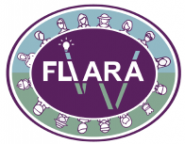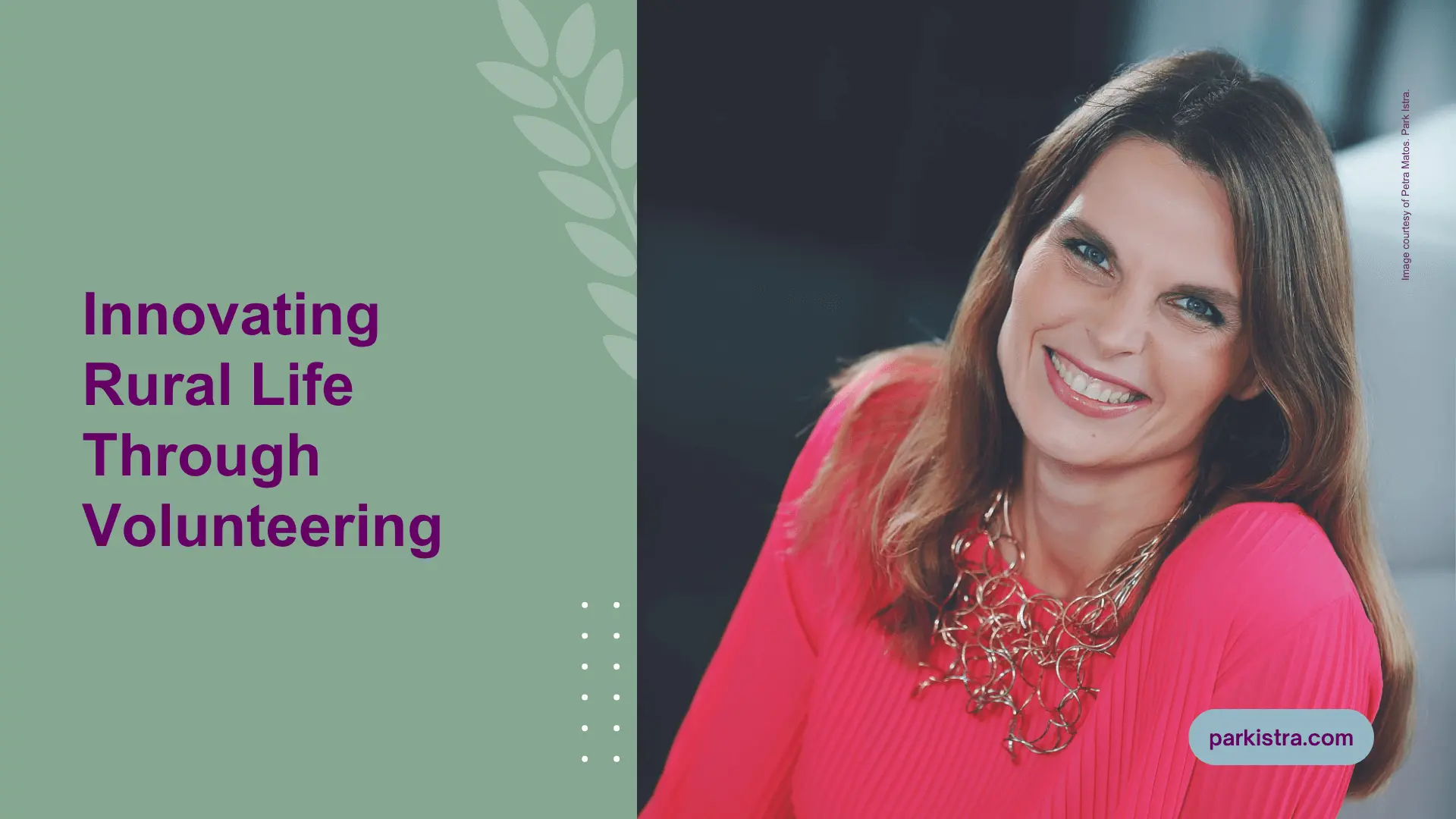On the rolling green hills of Slovenia’s Primorska region, a modest former military guardhouse has been transformed into something extraordinary: a thriving hub of solidarity, learning, and global cooperation. At its heart is Petra Matos, a geographer whose life mission is as clear as the summer skies that stretch above her community project, Park Istra.
“Deep inside, I always say I want to have the best volunteering project in the whole world,” Petra tells me, her voice carrying both conviction and humility. “I need to grow, I need to develop, and I want to share so that other people see how important these kinds of practices are—and that it’s possible.”
Together with her husband, Janez, Petra co-founded Park Istra in 2013, an initiative born not from boardrooms or funding schemes but from an unforgettable encounter with solidarity halfway across the world. During a stay in India, the couple joined a reforestation project where volunteers planted tropical forests. The experience left an indelible mark. “It was so beautiful,” Petra recalls, eyes lighting up. “We were doing something good for the world, sharing knowledge, and I felt—this is it. This is how I want my life to look.”
When they returned to Slovenia, the dream lingered. It took time, persistence, and courage, but eventually the Matoses built Park Istra from scratch. The vision: a living, breathing community of international volunteers dedicated to helping their rural neighbours with whatever needs arise.
Today, the centre welcomes about 15 volunteers at a time, hailing from all corners of the globe. They stay for two to four months, rolling up their sleeves for as many as four different work actions per day. In the past 11 years, Park Istra has hosted more than 1,250 volunteers from 56 countries, contributing an astonishing 105,000 hours of service to the Obalno-Kraška region.
The needs they address are as varied as they are urgent: repairing the leaking roofs of families living on the margins, supporting elderly homes, clearing hiking paths, helping farmers with seasonal work, or assisting schools. Petra shares one vivid example: “Social welfare centres might provide someone with 800 euros to fix a roof. But no one will repair a roof for 800 euros. So we step in. We work with a local shop for a 50% discount on materials, and our volunteers do the rest. That way, a family gets a safe home again.”
If the work sounds demanding, it is. Yet Petra insists it’s also deeply rewarding. Over the years, Park Istra has grown into a trusted partner for more than 50 organisations, carving out a unique role in Slovenia’s civic landscape.
Challenges, of course, have been plentiful. At the beginning, Petra remembers, people didn’t know them or trust the project. “You really need to be persistent and present,” she explains. “Continuity is so important when you are doing these kinds of things.” Being a woman in rural innovation has occasionally meant pushing against stereotypes. “Sometimes people look at our female volunteers using power tools and say, ‘A woman will be doing that?’ But then they see how hard-working they are—sometimes even more than men. Slowly, we spread the awareness that equality belongs here too.”
Park Istra’s success has also been buoyed in recent years by European support, particularly through the European Solidarity Corps. That connection now links Petra’s work with FLIARA. For Petra, FLIARA represents more than just recognition—it’s a platform to spread solidarity across borders.
“It’s so important for us to meet and share,” she says. “Other ambassadors working in rural areas need to know they can get volunteer support. There are European funds dedicated to this. Together, we can all grow and learn.”
Looking forward, Petra dreams of seeing Park Istra’s model replicated far beyond Slovenia. “Really, every region would need this kind of project,” she insists. “We need to collaborate, we need partnerships, and we need to spread the word.”
Her advice to other women daring to innovate in rural areas is simple but powerful: “Sometimes they think we are crazy. But we need to follow our dreams. There will be ups and downs, but if you believe in what you are doing, you will succeed. You just persist, and you don’t stop even if it’s hard.”
For Petra, the ultimate goal is not just fixing roofs, planting trees, or lending hands on farms. It’s about nurturing solidarity in a world that increasingly risks drifting toward isolation. “We need each other,” she reflects. “We must support one another and share, doing whatever is in our hands to make the world a better place. First, be the change you want to see—and then others will follow.”
In the quiet village of Kastelec, surrounded by the laughter of volunteers and the steady hum of work, Petra Matos is proving that change doesn’t always begin with policies or profit. Sometimes, it starts with a dream, a community, and the courage to persist.



